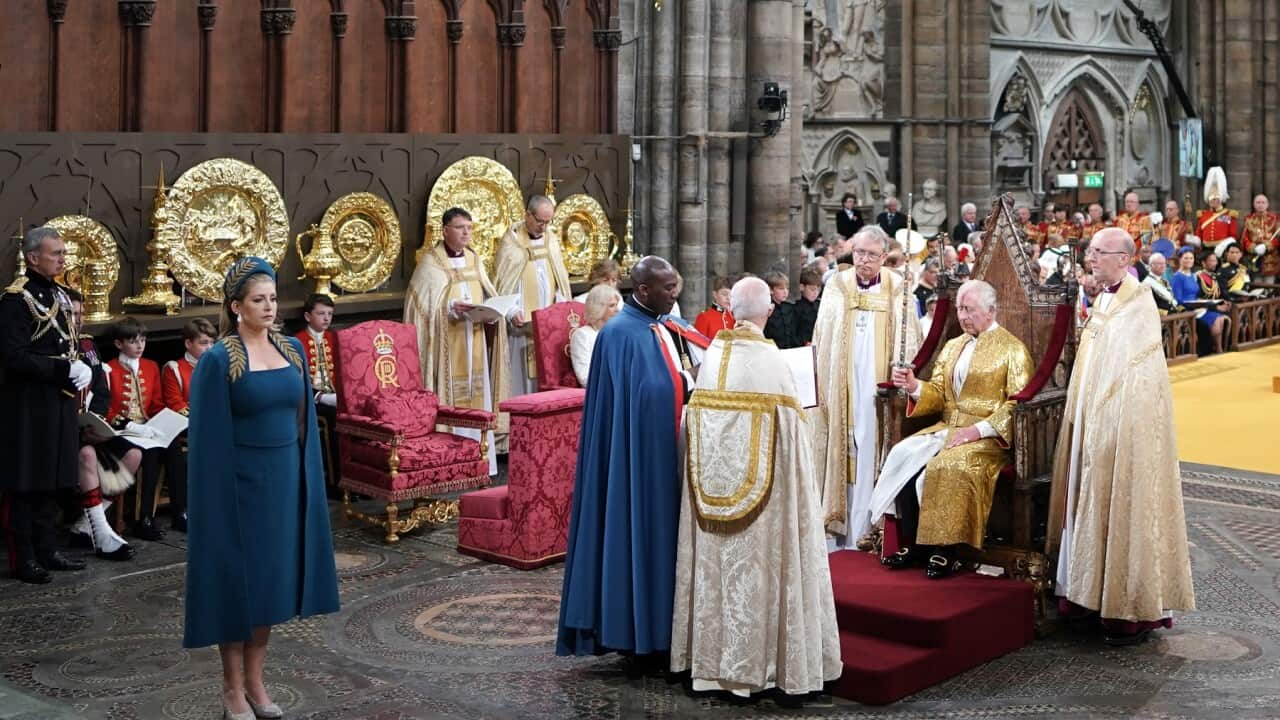Retail spending has had a quiet start to the year, struggling to make any significant gains, and economists don't believe it will change any time soon.
Retail spending rose 0.1 per cent in January - well short of the 0.4 per cent rise the market was expecting - following a 0.5 per cent fall in December.
Discretionary spending was a major drag on the January figures, with sales in the clothing, footwear and personal accessory category down 0.7 per cent, and department store sales dropping 0.6 per cent.
Meanwhile, the household goods sector, and sales at cafes, restaurants, and takeaway food outlets, both rose 0.1 per cent.
Commonwealth Bank senior economist John Peters said the January retail numbers are clearly disappointing and it would be a brave person to predict a turnaround for retail spending anytime soon.
"It really should be no surprise to observe such ongoing underlying weak retail trade outcomes given that broad based wages growth is at its most measly in decades," he said
"Any positive impact on the retail sector from strong employment growth and a buoyant tourism and education sectors looks likely to continue being eclipsed by historically soft wages growth and wary consumers."
St George chief economist Besa Deda said, as long as the housing sector and wages growth stays weak, there won't be much to change the wariness of the Australian consumer.
"Australian consumers remain fragile, but more of us are becoming coffee-sipping hypochondriacs," she said.
"The fastest growing sectors are cafes, restaurants & catering services and pharmaceuticals, cosmetics & toiletry goods. Both of these categories grew at annual rates above five per cent in January."
Ms Deda said retailers have responded to weaker spending by discounting prices.
"This discounting would be more likely occurring in categories like clothing, footwear and personal accessories and department-store sales," she said.
Mr Deda said the recent arrival of Amazon in Australia, with its discounted prices, is also likely to be one of the factors likely to prevent retail spending from recovering rapidly.




